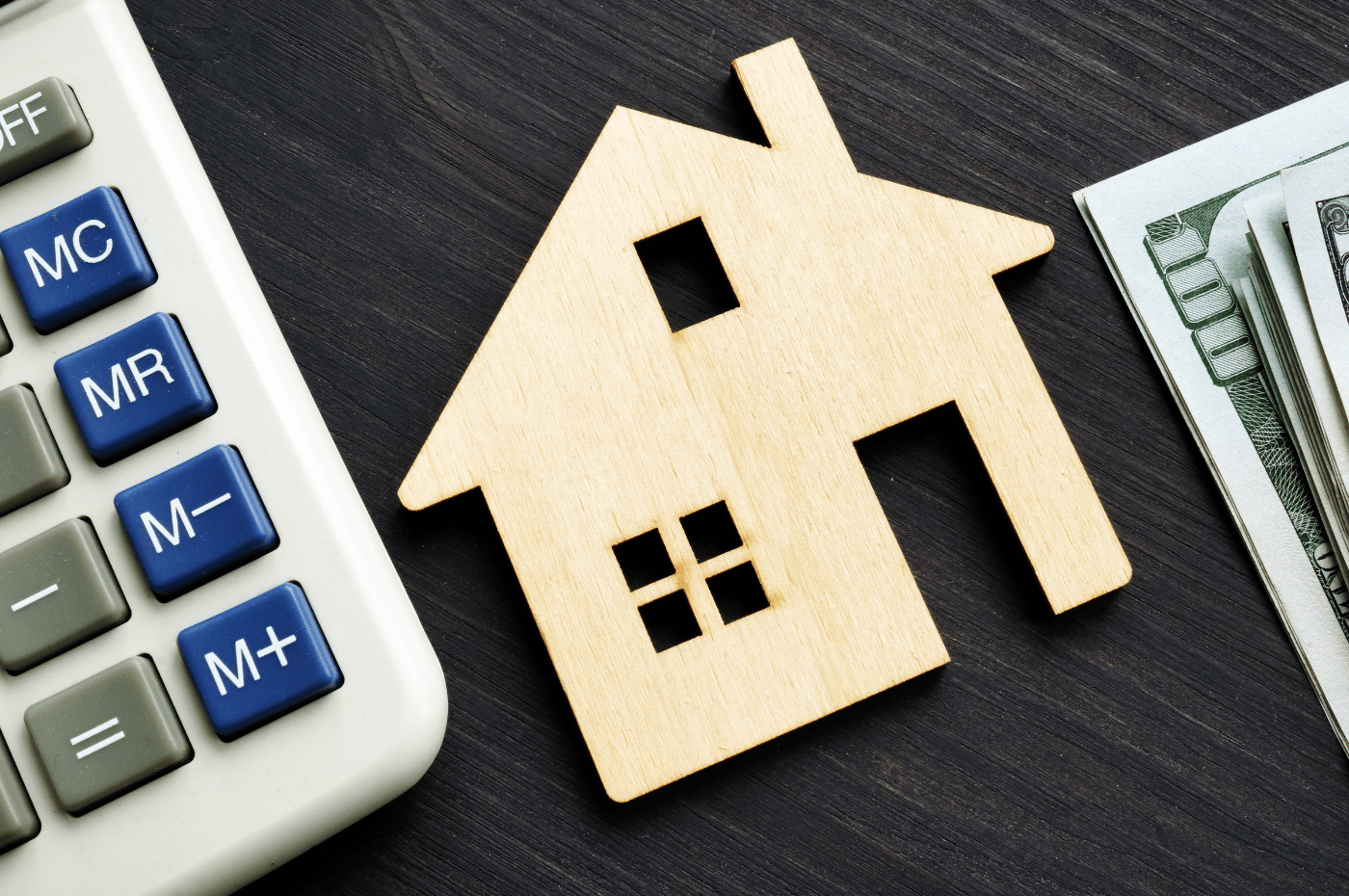If you’re considering refinancing your mortgage, your lender may require a new appraisal of your home’s value before approving the loan.
But why is it necessary? What are the potential consequences of an increase or decrease in your home’s value during the refinancing process? Here’s an explanation.
What is mortgage refinancing?
Mortgage refinancing is the process of renegotiating your existing mortgage loan. It allows you to consolidate debts or access your home’s equity for significant expenses, such as renovations.
When you refinance, you can borrow up to 80% of your home’s value, minus what you still owe on your current mortgage. Essentially, you’re applying for a new loan, which may come with different terms and potentially different interest rates compared to your original mortgage.
Before banks approve your refinancing application, they typically require an appraisal to determine your property's current market value.
While refinancing without an appraisal can happen in rare situations such as for borrowers with excellent credit, a low loan-to-value ratio, or a recent appraisal, these situations are not common.

Photo : Freepik.com
Why does your lender request an appraisal of your home?
When a financial institution lends money, it assumes a certain level of risk, whether for a standard mortgage application or a refinancing request. Lenders take this risk seriously, as they want to avoid potential losses. Before approving a loan, they need to ensure that if the borrower defaults, they can recover their investment by selling the home through foreclosure.
In this context, appraising the home is essential for minimizing the lenders' risk. An accurate determination of the property’s value allows lenders to assess whether the financial risk is justified.
Additionally, the appraisal helps establish the maximum loan amount you may qualify for, ensuring that the lender’s investment aligns with the property’s value.
How does the refinancing appraisal process work?
When you apply for mortgage refinancing, your lender will assign an independent appraiser to evaluate your property. This appraiser will determine the market value of your home using various criteria.
The appraisal process involves the appraiser using the most suitable methods for your specific type of home. They will thoroughly examine and analyze your property, comparing its features to similar homes in the area to estimate its value.
Depending on market conditions and the condition of your property, the appraisal may conclude that your home’s value has increased, remained the same, or decreased.

What happens if your home value has increased?
If you’ve taken good care of your home and the market is favourable, it’s likely that its value has increased since your initial loan. This is excellent news!
An increase in your home’s value means that your current loan-to-value ratio is now lower than it was during the bank’s last assessment. With a larger share of equity in your property, you present less risk to the lender, improving your chances of getting your refinancing application approved and potentially securing better loan terms.
Additionally, your borrowing capacity will increase, as the maximum amount you can refinance, up to 80% of your home’s value, will represent a larger sum. For instance, if your home’s value has risen from $300,000 to $365,000, you could refinance up to $292,000 instead of just $240,000.
What happens if your home’s value has decreased?
If your home is in poor condition or the real estate market is unfavourable, a decrease in your property’s value can significantly impact your ability to refinance.
In this scenario, your loan-to-value ratio will increase, indicating that you pose more risk to the lender. As a result, they may lower the amount you can borrow or even deny your refinancing application altogether.
If you find yourself in this situation, consider consulting a mortgage broker. They can help you explore alternative options and strategies to improve your circumstances.

Who pays for the appraisal?
While the bank requires the appraisal and hires the appraiser, you are responsible for covering the associated fees. These costs are typically included in the various fees charged during the mortgage refinancing process.
It’s important to note that even if you pay for the appraisal report, you might not receive a copy. This is because the bank, as the client of the certified appraiser, is the only recipient of the report; the appraiser reports directly to the financial institution.
To avoid this issue, you could ask your lender if you can hire the appraiser yourself. If they agree, they may request that you choose from a list of their preferred appraisers.
Why refinance your mortgage?
There are several reasons to consider refinancing your mortgage. Many people with reduced income or those feeling burdened by high interest rates use this opportunity to negotiate more favourable terms.
As mentioned, mortgage refinancing can be an effective way to consolidate debts into a single loan, simplifying debt management and potentially allowing you to benefit from a lower interest rate.
Additionally, refinancing can help you achieve specific goals, such as:
- Financing a home renovation project.
- Starting a business.
- Funding your children’s education.
- Taking a sabbatical year or planning for early retirement.
However, it’s important to ensure that refinancing will increase the value of your assets rather than just your debt. Before proceeding with your application, make sure your decision is truly beneficial for you.
Are you looking to refinance your mortgage?
XpertSource.com can help you in your efforts to find a mortgage broker. By telling us about your project, we will refer you to top-rated experts, free of charge! Simply fill out the form (it only takes 2 minutes) and you will be put in contact with the right experts.

